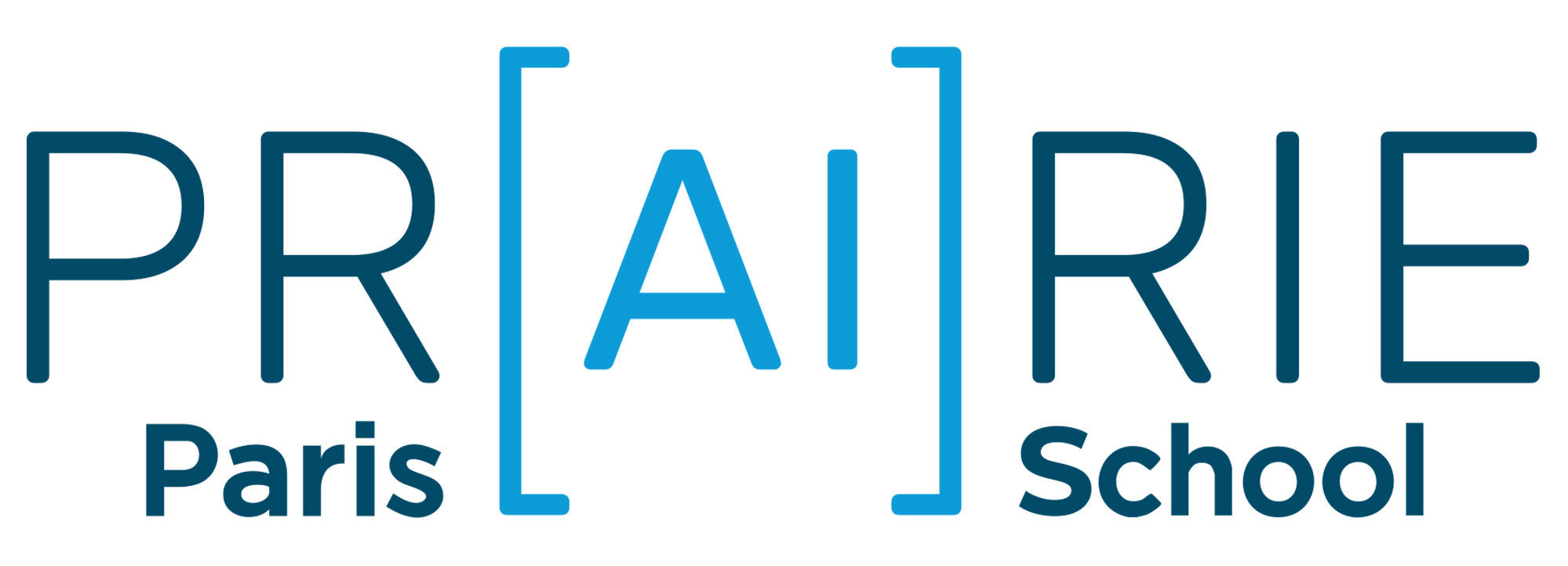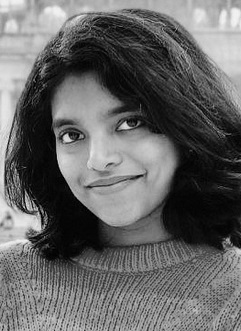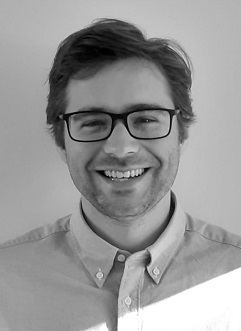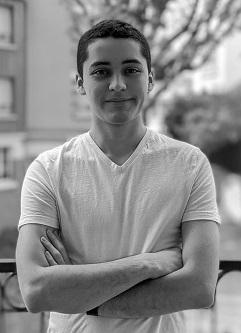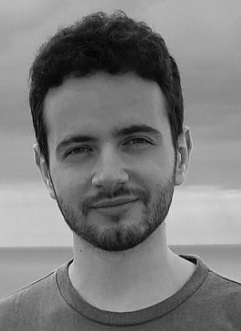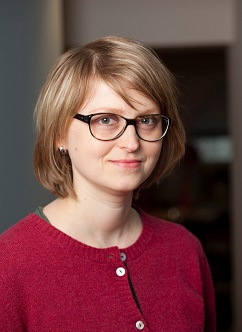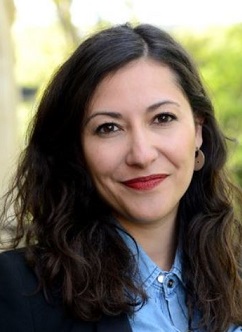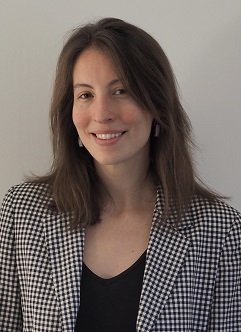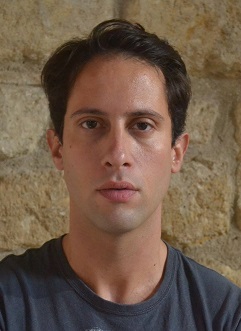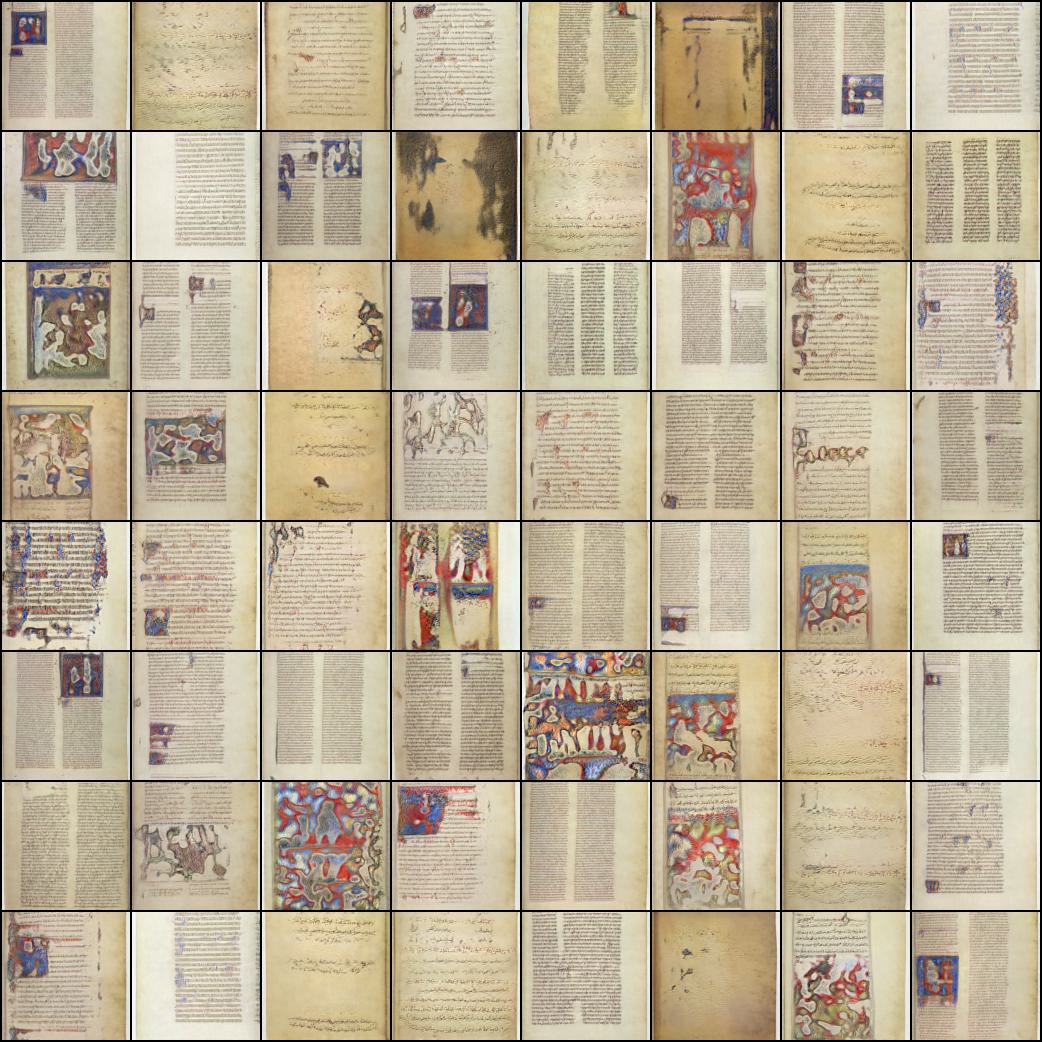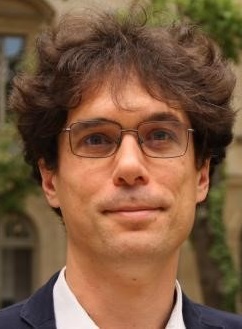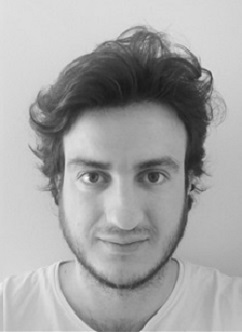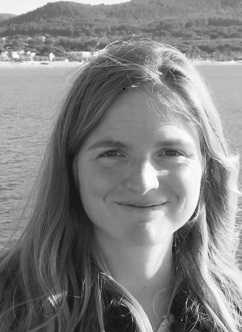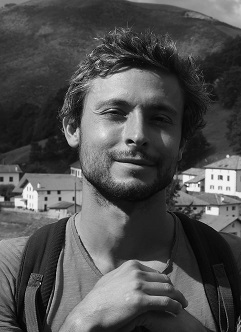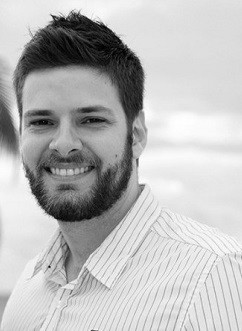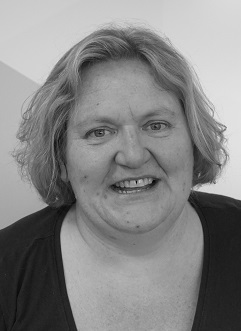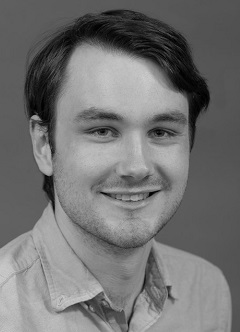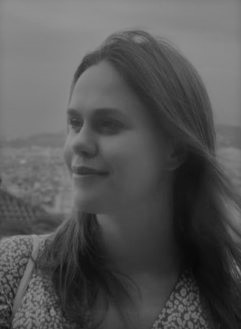ANDREW Judith Jeyafreeda
judithjeyafreeda [at] gmail.com
Short bio
PhD, Université de Caen, Normandie
Research project
Extracting Temporal relations within clinical text documents.
Short abstract
Clinical documents have a mentions of phenotypes with the time they have been identified in a patient. These time frames are not always explicitly stated, thus automatic identification is a challenging task. However, identifying and constructing a time frame from the identification of a phenotype and its evolution can be very useful to further clinical research. I will be developing AI models to automatically identify temporal relationships between phenotypes and time.
Ivan LERNER
ivan.lerner [at] inria.fr
Short bio
- Diplôme d’etude supérieur de Santé Publique, Université Paris Descartes, 2020
- Double-cursus Médecine-sciences, 2016, Université Paris Descartes
- Master 2 de science-cognitives, 2013, École normale supérieure, Paris
Thesis title
Predictive modelling using structure learning to handle distribution shift in Electronic Health Records.
Short abstract
I develop machine learning models tailored to Electronic Health Records, which are multiple multivariate time series, with the particularity of being of mixed type and irregularly sampled. These models are generalized Gaussian Process models, and I write and evaluate kernels that encodes structural assumptions on the data generating process.
David ROBIN
david.a.r.robin [at] gmail.com
Short bio
Diplôme de l’ENS (Informatique) – Master MVA, École Normale Supérieure de Paris
Thesis title
Efficient parameterization of neural networks for structured data.
Short abstract
My research focuses on guaranteeing that machine learning systems learn to exploit structures present in the data, such as known and approximately known symmetries. Most successful architectures, by design very generic to deal with diverse data inputs (visual, acoustic, textual), fail to do so and thus incur a large computational overhead which could be lightened by exploiting the underlying symmetry. Doing so systematically would yield less resource-hungry architectures with predictive power comparable to the more generic methods.
Matthieu FUTERAL-PETER
matthieu.futeral [at] inria.fr
Short bio
Msc in Engineering at ENSAE Paris
Thesis title
Exploration of multilingual and multimodal word embeddings.
Short abstract
The aim of this PhD is to study the advantage of visual information for the alignment of word embeddings in several languages, in particular for low-resource languages. Such multimodal embeddings may be particularly useful in scenarios where the text itself is partial or degraded, and where additional context (in the form of video data) could therefore be beneficial.
Olessia KIRTCHIK
Centre européen de sociologie et de science politique
olessia [at] kirtchik.com
Dr. Olessia Kirtchik obtained a doctoral degree in sociology from the School of Advanced Studies in Social Sciences (EHESS) in Paris in 2007. In 2008-2011, she taught sociology at the Moscow School of Social and Economic Sciences (MSSES), and in 2009-2022, she was employed by the Higher School of Economics (HSE) in Moscow. As a principal researcher at HSE, she coordinated collective research projects on social history of mathematical economics and economic cybernetics in the Soviet Union during the Cold war, on “algorithmic rationality” and on the State planning committee during the late Soviet period. Her current research interests include the relations between SHS and artificial intelligence, and the role of digital technologies in the evolution of governance and public action.
Sarah PERRET
sarah.perret [at] kcl.ac.uk
Sarah Perret is a Researcher in International politics and political science at the Chair and is the principal collaborator in the ANR-PrAIrie project entitled ‘AI at the border’. The project aims to study the imaginaries at work in the European agency eu-LISA (the European Union Agency for the Operational Management of Large-Scale IT Systems in the Area of Freedom, Security and Justice)as a socio-technical ‘interface’ site.
Before joining the École normale supérieure, she has been Research Associate at the Department of War Studies at King’s College London, where she has collaborated to the ERC project called ‘SECURITY FLOWS‘. She contributed to Security flows project by carrying out theoretical, methodological and empirical research on datafication at the EU’s borders. She has also conducted postdoctoral research at the ENS (2017-2019) focused on the re-conceptualisation of ‘risk’ and the sharing knowledge on societal security. She has received her PhD in Political science and International relations from University of Paris-Saclay (in November 2015), in which she compared the security implementation (‘securitization’) of legislative changes on naturalisation in Germany, the United States, and France.
Sarah Perret has been a visiting researcher at Georgetown University’s BMW Centre for German and European Studies during her doctoral studies, and has taught at University of Paris-Saclay, Paris 2 Assas University, Paris 8 Vincennes Saint-Denis University, Georgetown University, Ecole Normale Supérieure in Paris, Sciences Po and University of Trento.
She also is ‘chercheuse associée’ at King’s College London and at the LabToP-CRESPPA/CNRS in Paris, and a founded Member of the multidisciplinary network on Terrorism Studies called OCTAV (Observatoire collaboratif sur le terrorisme, l’antiterrorisme et les violences).
In parallel of her academic curriculum, she has been parliamentary advisor at the French ‘Assemblée nationale’, and consultant at the World Bank on Governance and Public policies in West Africa. She also has been ministerial advisor on equality and social diversity for the former French Minister of National Education, Higher Education and Research.
Research interests:
- Naturalized citizens, Migrants, Policy makers in the EU
- International relations and International Political Sociology
- Sociological approaches to Critical Security Studies
- ‘Symbolic Violence’ of Citizenship and in(security) in border policies and devices
- Counterterrorism and counter-radicalization law-making
- Datafication and digital devices
Francesca MUSIANI
francesca.musiani [at] cnrs.fr
Short bio
Dr. Francesca Musiani is Associate Research Professor at the French National Center for Scientific Research (CNRS). She is Deputy Director of the Center for Internet and Society of CNRS, which she co-founded in 2019. She is also an associate researcher at the Center for the sociology of innovation (i3/MINES ParisTech) and a Global Fellow at the Internet Governance Lab, American University in Washington, DC.
Francesca is the author, with Ksenia Ermoshina, of Concealing for Freedom: The Making of Encryption, Secure Messaging and Digital Liberties (April 2022, Mattering Press), and (co-)author and editor of numerous other articles and books. She is vice-president for research of Internet Society France, has collaborated with the French Parliament (2014-2015) and the French Council for Audiovisual Media (2015-2018), and is the recent co-author of a study on Internet fragmentation for the European Parliament (2022).
Salvador MASCARENHAS
salvador.mascarenhas [at] ens.fr
Short Bio
I am a Professeur des universités (“full professor” in the US system) at Ecole Normale Supérieure’s Department of Cognitive Studies (DEC), a member of Institut Jean-Nicod, and the principal investigator in the Agence Nationale de la Recherche grant Between Language and Reasoning. I got my PhD at New York University’s Department of Linguistics in 2014, where I wrote a dissertation on the relationship between human reasoning, natural language semantics, and the philosophy of language. Between 2014 and 2016, I was a Junior Research Fellow at St Catherine’s College, Oxford, affiliated with the Faculty of Philosophy.
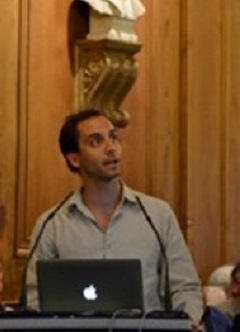
????????????????????????????????????
Matthieu HUSSON
Matthieu.husson [at] obspm.fr
SHORT BIO
Matthieu Husson, is a CNRS researcher in the History of Astral Sciences team at SYRTE laboratory (UMR 8630) in Paris Observatory. His work focuses on the history of astronomy and digital humanities. He is the PI of the ERC project ALFA (CoG 723085, 2017-2022) which addresses the Alfonsine astronomical tradition which dominated Europe from the end of the 13th century to the 16th century. He is also the scientific coordinator of the Digital Humanities project DISHAS which has developed, over the last 5 years, a set of digital tools to edit, analyse, and visualise sets of astronomical tables from traditions ranging from China to Europe working with a consortium of partners in Europe, India, China and New Zealand.
Jean-Baptiste CAMPS
jean-baptiste.camps [at] chartes.psl.eu
SHORT BIO
Jean-Baptiste Camps is Associate Professor in Computational Philology at the École nationale des chartes, PSL. He obtained his PhD from Paris-Sorbonne in 2016, in Medieval Studies, and specialises in combining deep learning approaches, computational text analysis and historical methods to investigate the data of the past, close and remote, and to address open questions or solve long standing issues. With Ariane Pinche and Thibault Clérice, he won the 2019 Fortier Prize of the Digital Humanities Conference for Stylometry for Noisy Medieval Data. His stylometric research also appeared in Science Advances, other journals and in a book co-written with Florian Cafiero (Affaires de style, 2022).
Nicolas BAUMARD
nicolas.baumard [at] psl.eu
I am an evolutionary and computational social scientist: I use evolutionary psychology and computational sciences to study the content and dynamics of cultural phenomena. I ask myself questions like: Why has romantic love become increasingly important in human societies? Why are people interested in imaginary worlds? Why do moralistic religions appear only late in human history? Why do puritanical societies blame and punish seemingly harmless actions like masturbation or indulgence in food pleasure?
My work is thus at the intersection of the natural sciences (evolutionary biology, behavioral ecology, experimental psychology), the social sciences (social anthropology, economic history, political sciences) and the humanities (cultural history, moral philosophy, literary theory). I use all kinds of methods (evolutionary modelling, experiments, surveys, online data) and materials (portraits, novels, movies). I have an interdisciplinary academic training, combining degrees in the Humanities (BA and MA in Philosophy), Social Sciences (Licence in History, Master in Sociology), and the Natural Sciences (BA in Biology, MA in Cognitive Science). I did a PhD in Social Sciences under the supervision of cultural and cognitive scientist Dan Sperber. I then did a first post-doc at the School of Anthropology & Museum Ethnography of the University of Oxford and a second one at the Philosophy, Politics and Economics Program of the University of Pennsylvania before creating the Evolution and Social Cognition in the Department of Cognitive Sciences at the Ecole Normale Supérieure – PSL University in Paris.
I am now Research Director at the CNRS and Professor at the Ecole Normale Supérieure – PSL University in Paris. I supervise the Computational Cultural Sciences team. I am also the co-founder of Bunka, an exploration engine using social media data.
J. Peter BURGESS
james.peter.burgess [at] ens.psl.eu
Short bio
J. Peter Burgess is professor of philosophy and political science, and Director of the AXA Chair in Geopolitics of Risk at École Normale Supérieure, Paris. His research concerns the meeting place between culture, politics and technology, with emphasis on questions of risk and uncertainty.
ZAHARIAS Paul
Muséum national d'Histoire naturelle
paul.zaharias [at] mnhn.fr
Short bio
PhD at the Muséum national d’Histoire naturelle (MNHN)
Research project
Evaluation and design of fast statistical branch support methods for phylogenetic gene/species tree reconstruction.
Short abstract
Statistical support in phylogenetic tree reconstruction is essential to interpret evolutionary relationships. My goal is to design scalable statistical supports for large phylogenetic and phylogenomic datasets to overcome the limitations of current methods.
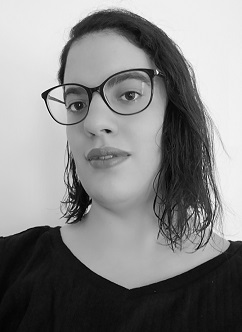
fbtmdn
BOUDABOUS Safa
Université Paris-Dauphine-PSL
safa.boudabous [at] dauphine.psl.eu
Short bio
PhD, Computing, Data and AI, Institut Polytechnique de Paris
Research project
Detection of micro-arousal and desaturation events from heart rate in apneic patients.
Short abstract
We will work on defining a deep learning model for sleep micro-arousal and desaturation events detection from heart rate. As heart rate increase is a characteristic cardiac autonomic response to micro-arousal and desaturation, we will be using heart rate signal as a surrogate to full Polysomnography signals.
QUENNELLE Sophie
Hôpital Necker-Enfants Malades
sophie.quennelle [at] protonmail.com
Short bio
- Master 2 – Informatique biomédicale, Sorbonne Université, Paris
- Docteur en cardiologie – Université Paris Cité
Thesis title
Deep representation of the patient’s electronic health record for clinical event prediction and patient similarity.
Short abstract
Pediatric cardiologist at Necker-Enfants Malades in Paris interested in health data extraction and reuse for clinical research. Her PhD project started in October 2020 supervised by Pr. Anita Burgun and co-supervised by Dr. Antoine Neuraz. Its objective is to propose a deep learning model to provide a reliable representation of the patient electronic health record.
LAZARD Tristan
tristan.lazard [at] mines-paristech.fr
Short bio
Master 2 Mathematics and applications, UPMC
Thesis title
Deep learning for digital pathology: from full to no supervision.
Short abstract
Digital pathology involves studying digital versions of tissue slides to make diagnoses or derive prognostic markers from cells and tissue features. Deep learning can automate some diagnostic steps or help discover associations between phenotype and genotype. However, these slides are large, with full magnification versions weighing up to 16GB uncompressed, which therefore raises specific challenges. The goal of this PhD is to determine the best supervision methods to extract information from these slides.
PEREZ Manolo
Muséum national d'Histoire naturelle
manolo.fernandezperez [at] mnhn.fr
Short bio
PhD in on Evolutive Genetics and Molecular Biology – Federal University of Sao Carlos (UFSCar)-Brazil
Research project
Computational and machine learning-based methods in phylogenetics.
Short abstract
Deep Learning frameworks have increasingly been applied to phylogenetics, phylodynamics, and macroevolution due to their flexible and data hungry nature. Recent DL implementations have shown encouraging performance, with higher speed and accuracy than similar methods, when used with phylogenetic information to compare Birth-Death diversification models and estimate parameters for epidemiological data. Here, we propose a new DL framework that allows the incorporation of distinct strategies for simulating and representing phylogenetic information.
GILMARTIN Emer
emer.gilmartin [at] inria.fr
Short bio
- Ph.D, Trinity College Dublin, Ireland. M.Phil, Trinity College Dublin, Ireland
- B.E (Mech), NUIG, Ireland
Short abstract of the research project
We are working with groups in Korea to understand and model the effects of interlocutor personality in dialogue. We are building a new model of ‘interpersonality’, how personality related behaviours of each participant in a conversation affect the conversation as a whole.
SUSMANN Herbert
Université Paris Dauphine-PSL
Herbert.susmann [at] dauphine.psl.eu
Short bio
PhD, Biostatistics, University of Massachusetts Amherst
Research project
Predicting emergency room arrivals in the Île-de-France region.
Short abstract
We are studying the use of modern machine learning techniques to predict arrivals to emergency rooms and subsequent hospitalizations in Île-de-France. We are particularly interested in predictions methods that can provide statistically accurate characterizations of uncertainty.
HEMFORTH Lisa
lisa.hemforth [at] icm-institute.org
Short bio
Master in Biomedical Engineering (BioImaging) from BME Paris (Arts et Métiers, Université de Paris, PSL, Télécom)
Thesis title
Deep learning for rating of atypical anatomical patterns on MRI data.
Short abstract
Incomplete hippocampal inversion (IHI) is an atypical anatomical pattern of the brain found in 15 to 20% of the general population which’s origins and link to different pathologies are still unknown. The aim of this project is to develop automatic rating methods based on anatomical criteria to apply them to big databases which would prove difficult to annotate manually. Using this data, we will perform genome wide association studies as well as heritability studies and study correlations to different pathologies.
